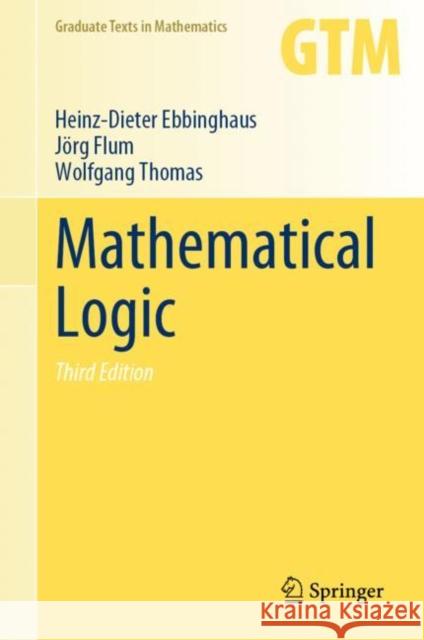Mathematical Logic » książka
topmenu
Mathematical Logic
ISBN-13: 9783030738389 / Angielski / Twarda / 2021 / 304 str.
Kategorie:
Kategorie BISAC:
Wydawca:
Springer
Seria wydawnicza:
Język:
Angielski
ISBN-13:
9783030738389
Rok wydania:
2021
Wydanie:
2021
Numer serii:
000009678
Ilość stron:
304
Waga:
0.68 kg
Wymiary:
23.88 x 20.32 x 2.03
Oprawa:
Twarda
Wolumenów:
01











